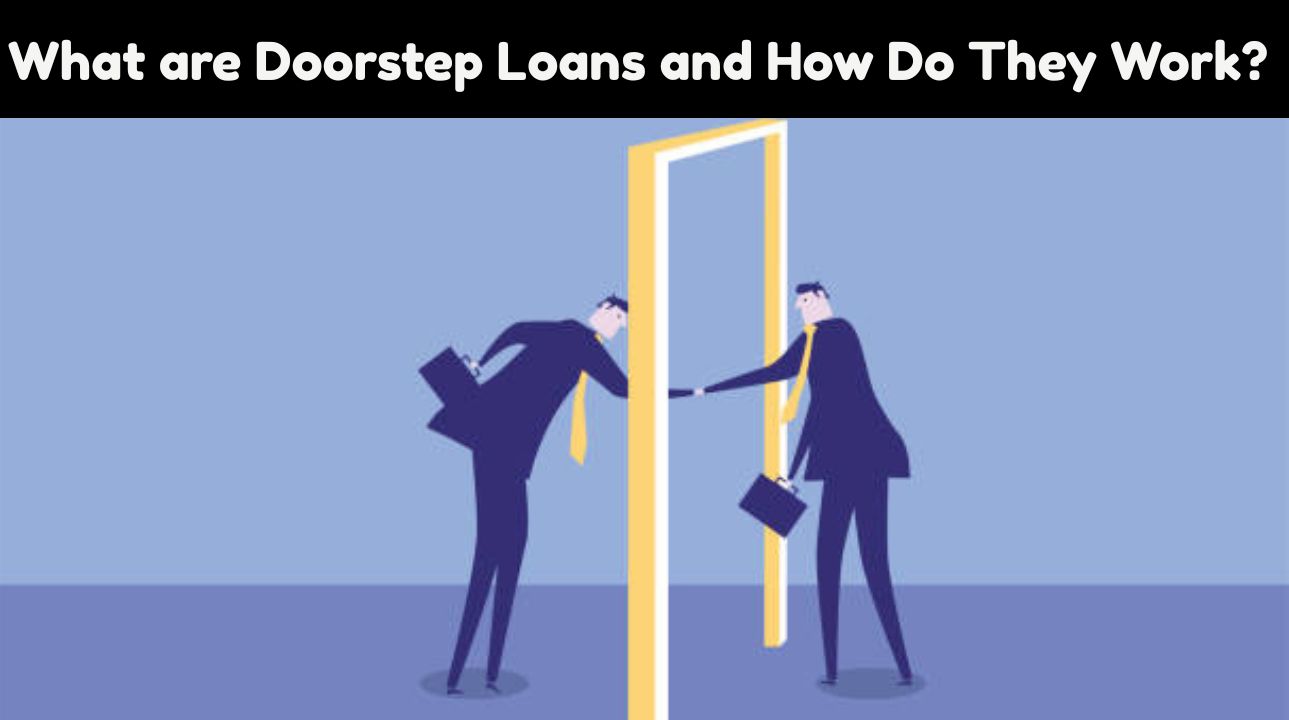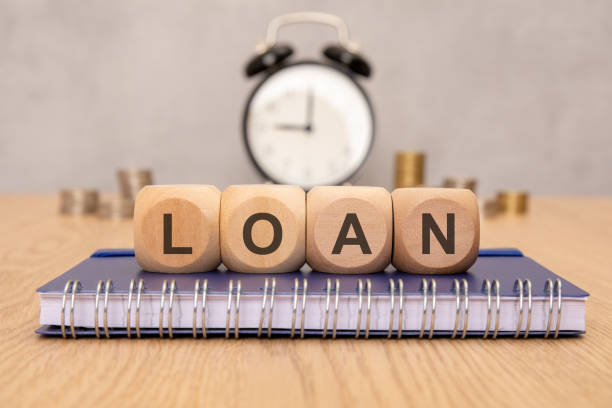
Money problems are always there, regardless of the income you earn. However, most of the time, you know what is taking a toll on your finances, yet you fail to take control of your expenses. You will likely partly blame the soaring cost of living, but the fact is you have become habitual of overspending. Most of the people give in to temptation and do not give a toss to save money until they are found themselves in the red.
Since you can get short-term loans at competitive interest rates despite poor credit rating, you become more reckless about building an emergency cushion for a rainy day. Getting a loan is easy, and falling into debt is easier. Debt quickly adds up. By the time, you realise that you have fallen into debt, it is too late, and the worse scenario is when you have lost your job.
Unemployment interrupts the flow of income as if a big stone breaks the momentum of a river’s flow, but you cannot pause to repayments of loans. Income is not coming in, but expenses are all set to burn a big hole in your pocket. As debt continues to mount up, stress also leads to go up, and sooner you will find yourself being the victim of debt stress syndrome.
It is a health condition when you suffer from sleepless nights, changes in your eating habits, and a few physical symptoms. You keep thinking about debt day and night. Suppose you have been struggling to keep your finances on track. In that case, you are more susceptible to health problems like stroke, cardiovascular disease, high blood pressure, stomach problems, and compromised immune system.
When you are unemployed, and your account is in the red, you will likely experience these symptoms. Here are some of the tips to get rid of debt stress syndrome.
Acknowledge that you have money problems
You cannot find a solution until you admit that you have money problems. Try to understand the gravity of the situation. Regardless of the size of the debt, you should think that you are in a tight spot and you have to find a solution to get out of it.
Make a record of how much you owe and to whom. Further, classify debts into two categories: high interest and low-interest debt. It will let you get a clear insight into it. Burying your head in the sand is not going to bail you out of this situation, so you should admit you are in the red.
Make a repayment plan
Once you have classified your debts, you should figure out which you should pay off early. A good rule of thumb says that you should pay off debts with high-interest rates first. For instance, if you have been juggling with bad credit loans and credit card bills, you should pay off credit card bills first.
Creating a budget ensures that you are living within means. It can throw light on your current financial position and help evaluate how much money you need to pay the bare minimum. If it is hard to repay debt strategically, you should consult a financial expert to take guidance.
They can help design a repayment plan based on your financial condition to make sure that you can pay off while having the bare minimum to meet your essential expenses.
Improve your spending behavior
You have to be cautious with your spending at least until you land a new job. Whether you are using your savings or you have income from a part-time job, make sure that you are not repeating the previous spending cycle. Try to spend money on necessary things and find thrifty alternatives.
For instance, you should buy groceries from a wholesale market. If you need to shop for clothes urgently, you do not need to rush brands. High-street fashion can help save a lot of money. Spending money as little as possible will help meet unforeseen expenses. However, if you still have monetary issues, you can take out guaranteed payday loans.
To tackle debt stress syndrome, you need to improve your spending behaviour and be honest with how much you owe. Make sure that you make a strategy to clear your debts quickly.

Jessica Rodz is the Senior Content Writer at Cashfacts. She has a long career in the field of content writing and editing. Jessica has the expertise in the UK lending marketplace where she has worked with 7 different lending organisations and acquired many responsibilities from preparing loan deals and writing blogs for their websites.
At Cashfacts, Jessica is managing a team of experienced loan experts and doing a major contribution in guiding the loan seekers via well-researched blogs. She has done graduation in Business (Finance) and now currently doing research papers on the UK financial sector.





